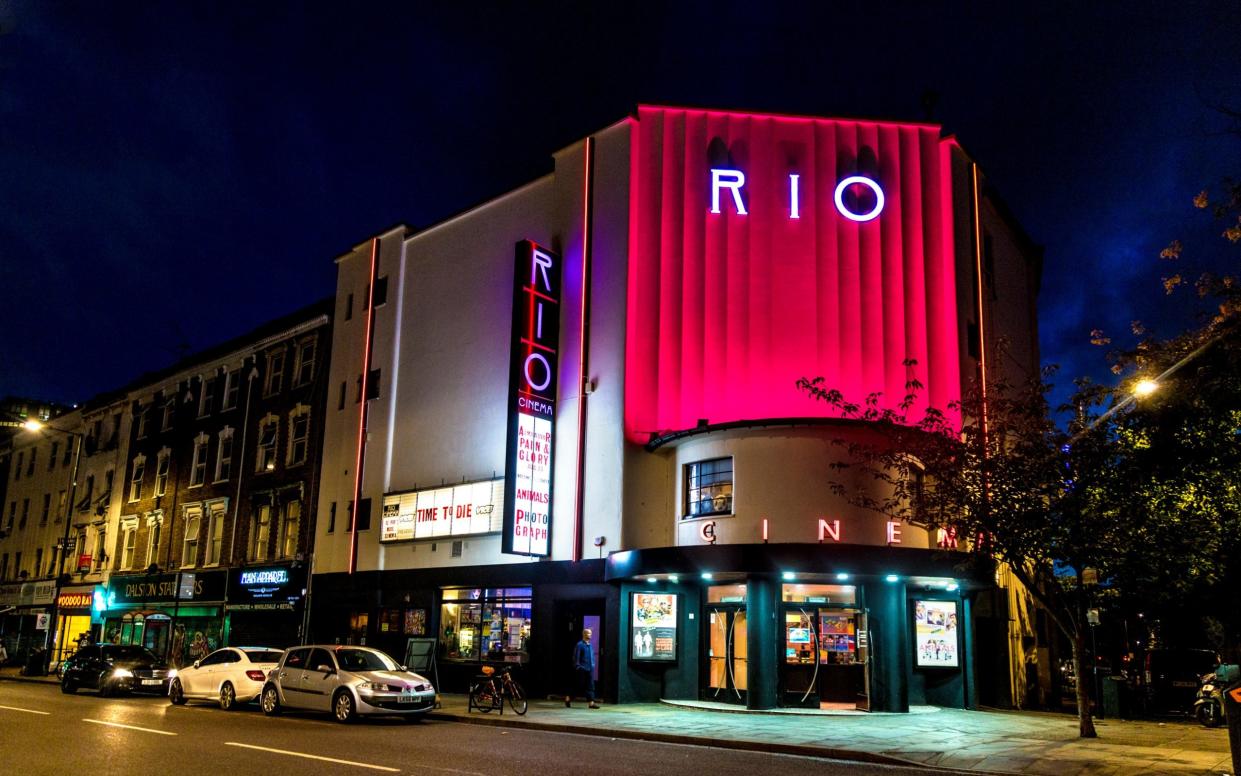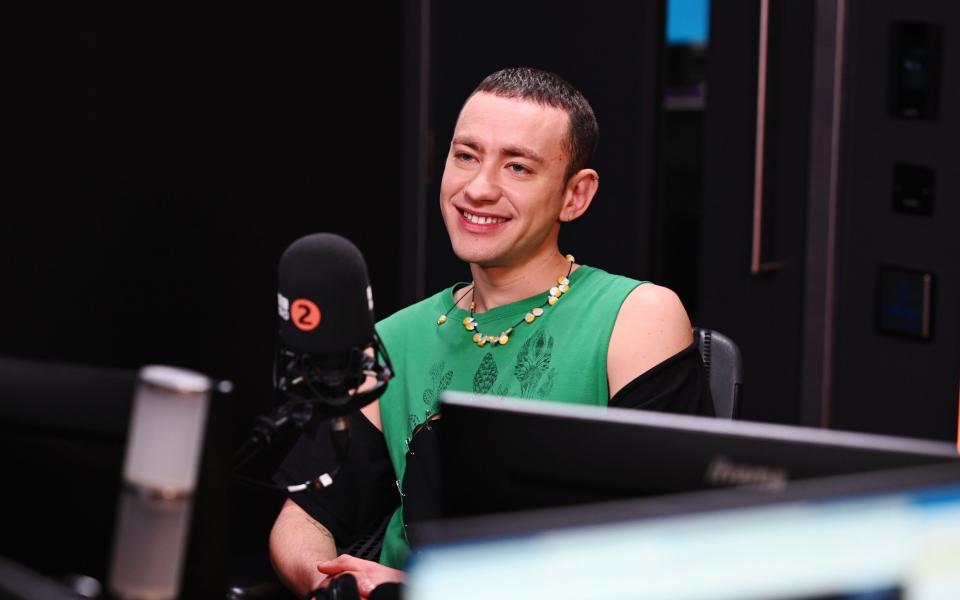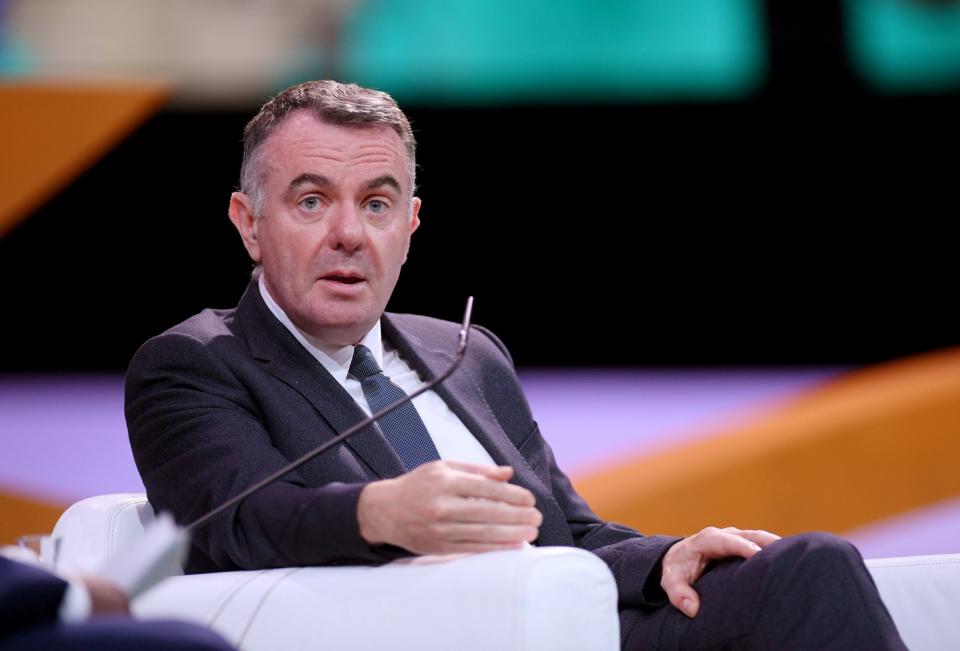Charity watchdog examines cinema for cancelling Eurovision party over Israeli act

The charity regulator is to examine a cinema’s cancellation of London’s biggest Eurovision screening party in protest against Israel’s inclusion in the competition.
The Rio Cinema in Dalston, east London, said last week that it would not hold the annual event this year, and planned to organise fundraising for the Palestinian aid effort instead.
The move by the cinema, which is run by the Rio Centre (Dalston) Ltd, a registered charity, was condemned by the European Broadcasting Union (EBU), which organises the contest. It insisted Eurovision is “non-political” and “not a contest between governments”.
The Charity Commission is now launching a “regulatory compliance case” to assess whether there had been “wrongdoing” in the cinema’s decision to boycott Eurovision. This is the first step which could lead to a full investigation.
Public protest over cancellation
In a letter to Sir Michael Ellis, the Tory MP for Northampton North, the commission said the cinema’s behaviour appeared to be “concerning” and that they had also “received concerns from members of the public”.
A Charity Commission spokesman said: “Concerns have been raised with us about the Rio Centre’s decision to cancel an event relating to the Eurovision Song Contest.
“As a result, we have opened a regulatory compliance case and are currently reviewing information supplied by the charity’s trustees. This will inform any next steps.”

After the cinema’s decision was announced, politicians and Jewish organisations wrote to the Charity Commission over concerns that it contravenes the commission’s rules, as well as the charity’s own stated principles.
In his letter to the commission, Sir Michael criticised the Rio for snubbing a “popular international music competition because the only Jewish nation is competing”.
The MP said: “It is right that the Charity Commission are investigating Rio Cinema Dalston. This is a concerning case. It is very important that all charities adhere to the proper principles and guidelines.”
Earlier this month, Israel’s public broadcaster revised its Eurovision entry, October Rain, after complaints it breached the competition’s ban on political content by allegedly referring to the Oct 7 Hamas atrocities. Now renamed Hurricane, it will be performed by Eden Golan, a 20-year-old Russian-Israeli singer.
Move followed discussions with party organisers
In a statement on social media, the Rio, which describes itself as a not-for-profit community cinema, said: “Following discussion with the organisers of Eurovision Party London, we have collectively decided not to screen the Grand Final of the Eurovision Song Contest.
“We firmly believe that the Eurovision Song Contest has the power to bring people together across the world, and when its core values of inclusivity, equality and universality are upheld
‘We will continue to organise fundraising events for the charities we support, including Doctors Without Borders and Medical Aid for Palestine.”
There has also been pressure on Olly Alexander, the UK’s Eurovision contestant, from pro-Palestinian activists calling on him to boycott the contest because of the inclusion of Israel.
A spokesman for the National Jewish Assembly said the body “vehemently condemns the Rio Cinema’s decision to cancel its Eurovision Song Contest screening, a move that undermines the values of inclusivity, equality, and universality that the event stands for”.
According to the articles of association which incorporated Rio Cinema as a charity, the group must strive to “promote education (...) without distinction of sex or political, religious opinions”.

Noel Curran, the EBU director general, argued that the current situation in Gaza differed from Russia’s invasion of Ukraine, which led to the exclusion of the Russian broadcaster in 2022.
He said the EBU was in line with other international bodies, including sports federations, that have maintained an “inclusive” stance towards Israel.
Mr Curran said: “We understand the concerns and deeply held views around the current conflict in the Middle East. However, the Eurovision Song Contest is a non-political music event and a competition between public service broadcasters who are members of the EBU. It is not a contest between governments.”
Israel has qualified for every final since 2015. It came third last year, with its most recent win coming in 2018 with Netta Barzilai’s song Toy.

 Yahoo News
Yahoo News 
